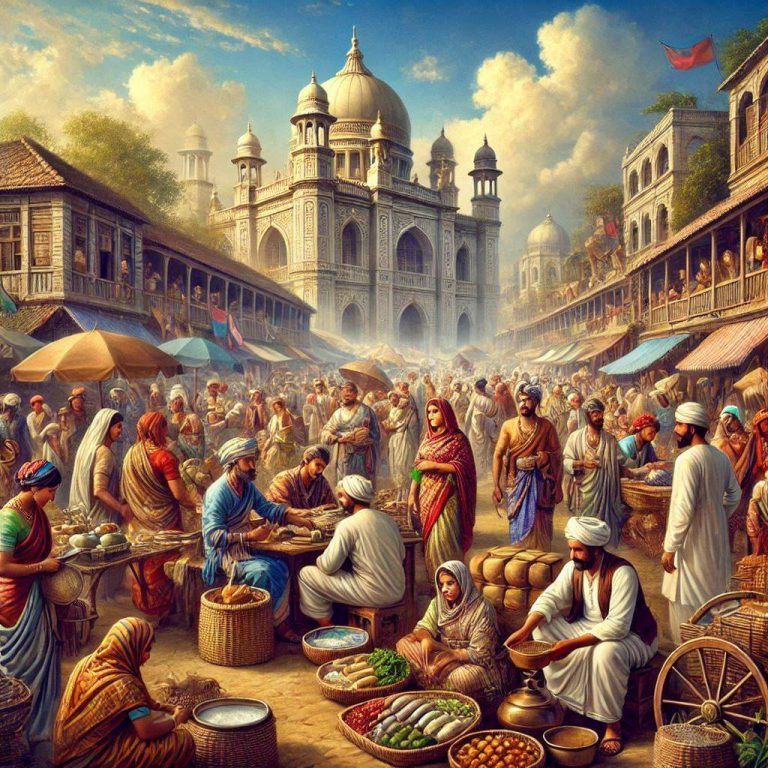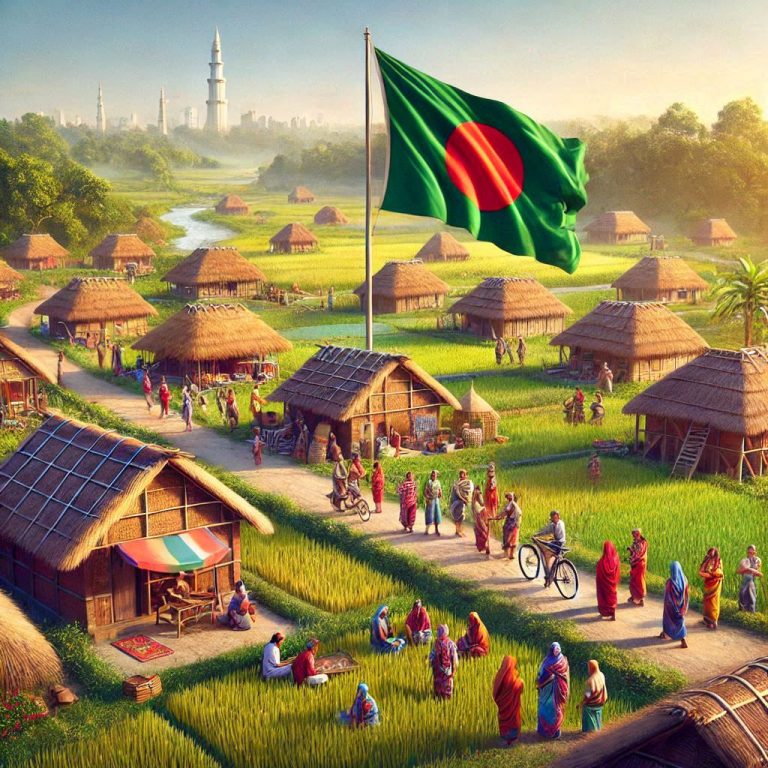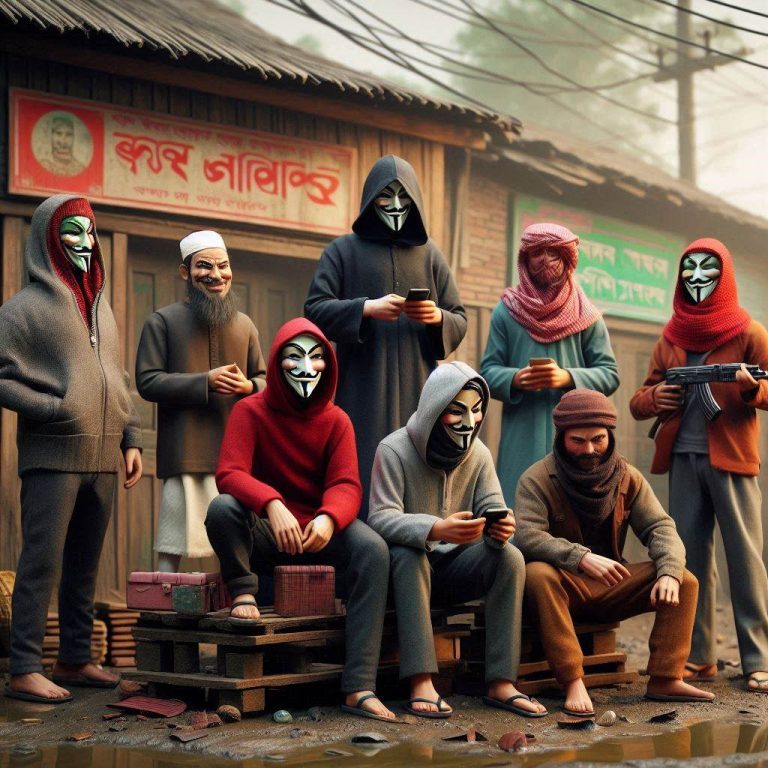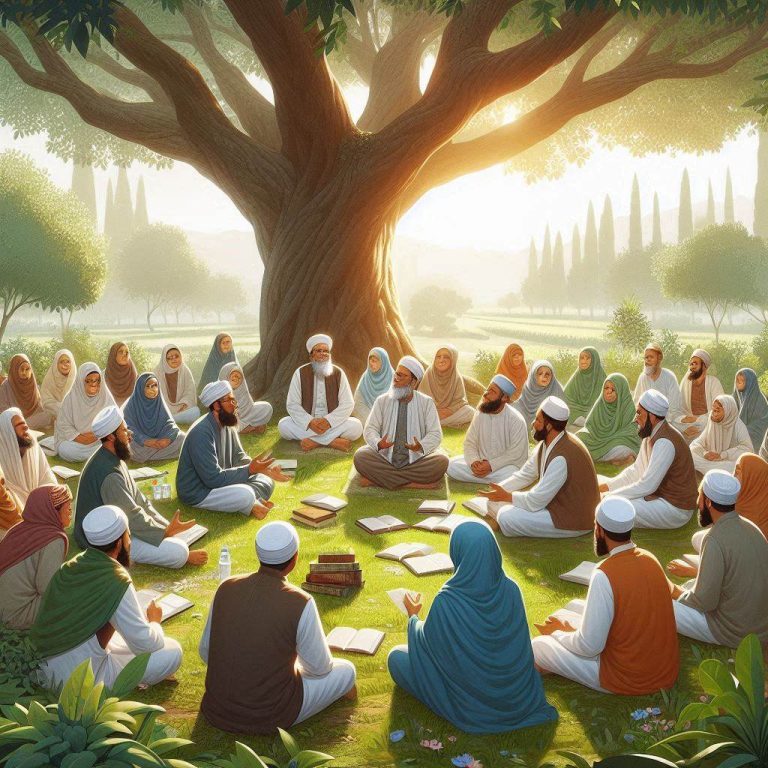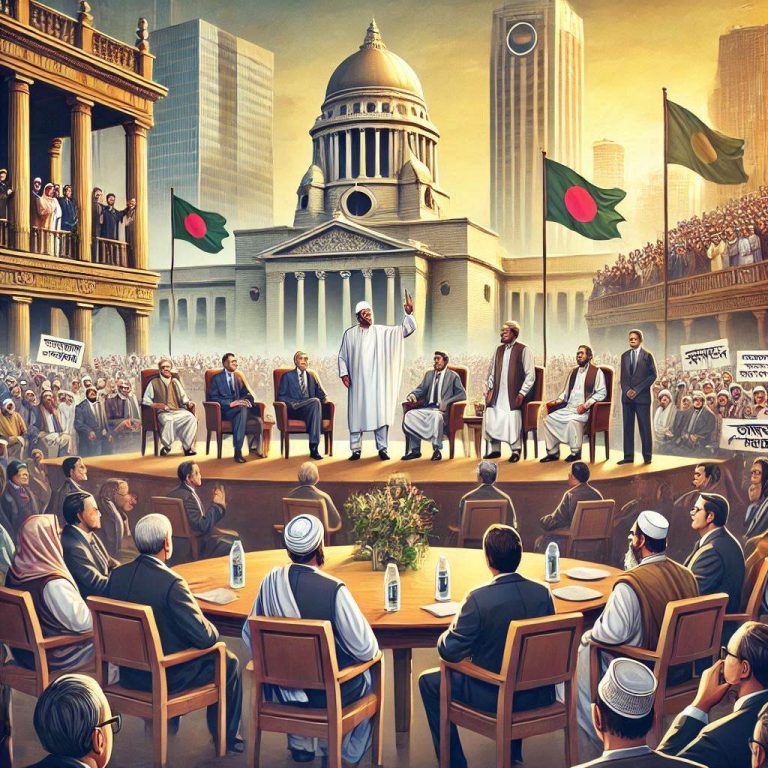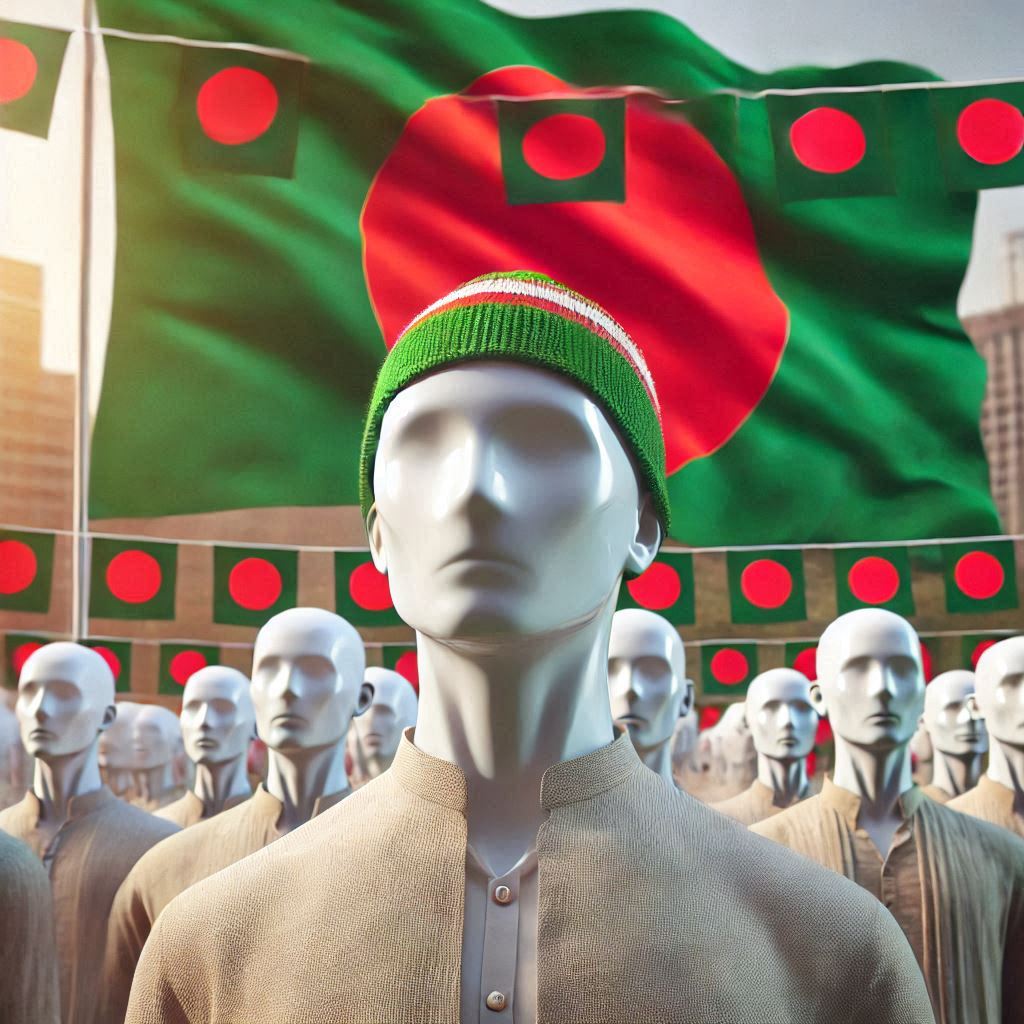
Introduction.
The Bangladesh War of Independence, often referred to as the Liberation War, stands as a monumental event in the history of South Asia. It was not just a struggle for territorial autonomy but a fight to affirm the identity, language, and cultural heritage of the Bengali people. The conflict, which peaked in 1971, was rooted in the long-standing political, economic, and social disparities between East and West Pakistan. The refusal of the West Pakistani regime to honor the electoral victory of the Awami League, led by Sheikh Mujibur Rahman, ignited widespread protests and civil disobedience in East Pakistan. This brutal suppression by the Pakistani military on March 25, 1971, marked the beginning of a nine-month war that would witness unparalleled suffering, atrocities, and human resilience. The journey to independence was fraught with challenges, but the unwavering determination of the Bengali people ultimately led to the birth of Bangladesh as a sovereign nation.
The Path to Conflict.
The seeds of the conflict were sown long before the events of 1971. The partition of India in 1947 led to the creation of Pakistan, a state with two geographically and culturally distinct wings—East Pakistan (now Bangladesh) and West Pakistan. Despite having a larger population, East Pakistan was consistently marginalized politically and economically. The language movement of the early 1950s, which sought recognition for Bengali as one of the state languages, was a precursor to the growing discontent among Bengalis.
The political scenario took a decisive turn in 1970 when the Awami League, led by Sheikh Mujibur Rahman, won a landslide victory in the national elections, securing 160 out of 162 seats allocated to East Pakistan in the National Assembly. However, the ruling authorities in West Pakistan were reluctant to transfer power, leading to a political deadlock and heightening tensions.
The Spark of War.
On March 25, 1971, the Pakistani military launched Operation Searchlight, a brutal crackdown on Dhaka and other major cities in East Pakistan. This operation aimed to suppress the growing calls for independence and involved widespread atrocities, including mass killings, rapes, and the destruction of property. The violence sparked immediate resistance, with Sheikh Mujibur Rahman declaring Bangladesh’s independence before being arrested and taken to West Pakistan.
The nine-month war that ensued was marked by horrific human rights abuses and significant loss of life. The Mukti Bahini (Liberation Army), composed of Bengali military personnel, students, and civilians, waged a guerrilla war against the Pakistani forces. The conflict also saw a massive refugee crisis, with millions fleeing to neighboring India to escape the violence.
The Role of International Community.
The plight of the Bengalis drew international attention, with widespread condemnation of the Pakistani military’s actions. Reports of genocide and human rights violations galvanized global opinion, leading to calls for intervention. India, under Prime Minister Indira Gandhi, played a crucial role in supporting the Bengali cause, providing refuge to millions of displaced people and offering military assistance to the Mukti Bahini.
In December 1971, following a series of border skirmishes and escalating tensions, India officially entered the conflict. The Indian military, alongside the Mukti Bahini, launched a decisive offensive against the Pakistani forces. The combined strength of the Indian and Bengali forces overwhelmed the Pakistani military, leading to its eventual surrender on December 16, 1971.
Victory and Aftermath.
The surrender of the Pakistani military marked the culmination of the war and the birth of Bangladesh as an independent nation. The cost of freedom was immense, with estimates of civilian deaths ranging from hundreds of thousands to millions. The war also left a deep psychological scar on the survivors and significantly impacted the region’s socio-political landscape.
In the years following independence, Bangladesh faced numerous challenges, including rebuilding its war-ravaged infrastructure, addressing political instability, and fostering economic development. Despite these hurdles, the spirit of resilience that defined the liberation movement continued to drive the nation’s progress.
Summary.
The Bangladesh War of Independence was a defining moment in the nation’s history, symbolizing the triumph of resilience and the indomitable spirit of the Bengali people. The conflict, ignited by the refusal to acknowledge the Awami League’s electoral victory and marked by brutal suppression, witnessed immense suffering and atrocities. Yet, it also showcased unparalleled unity and determination, leading to the emergence of Bangladesh as a sovereign state. The war’s legacy is a testament to the enduring quest for freedom, identity, and justice, shaping the narrative of a nation that rose from the ashes of conflict to chart its path toward progress and prosperity.
